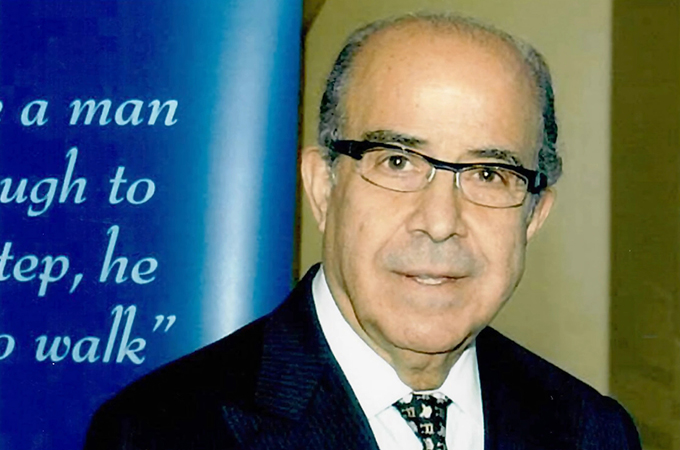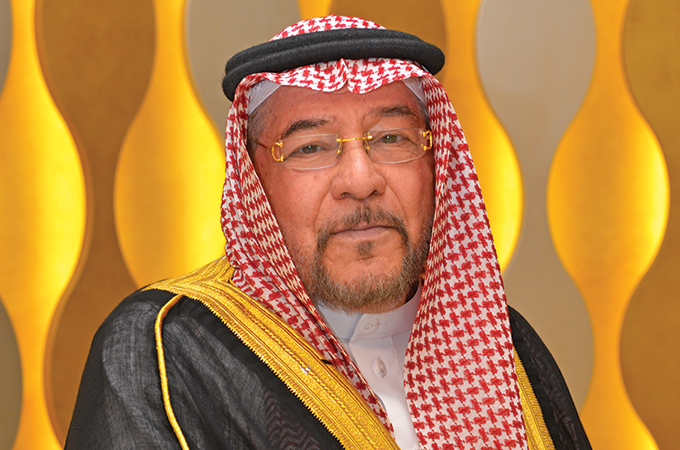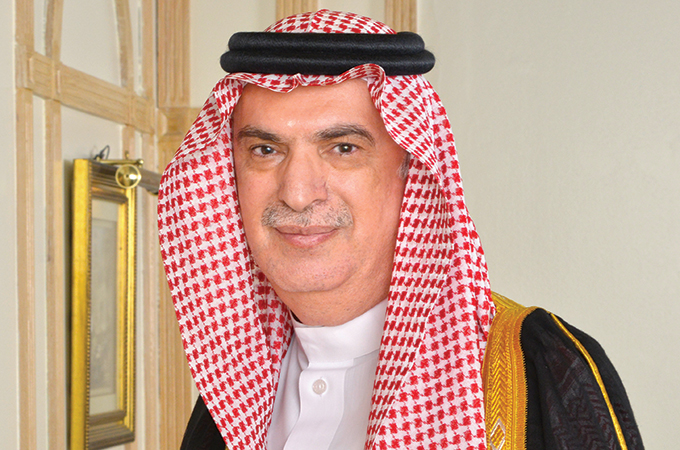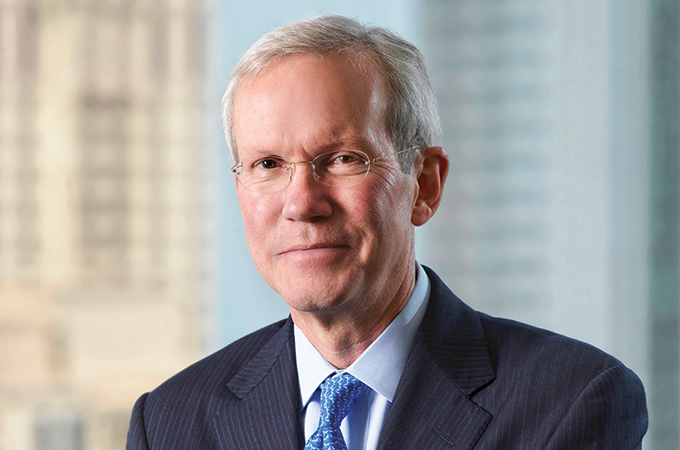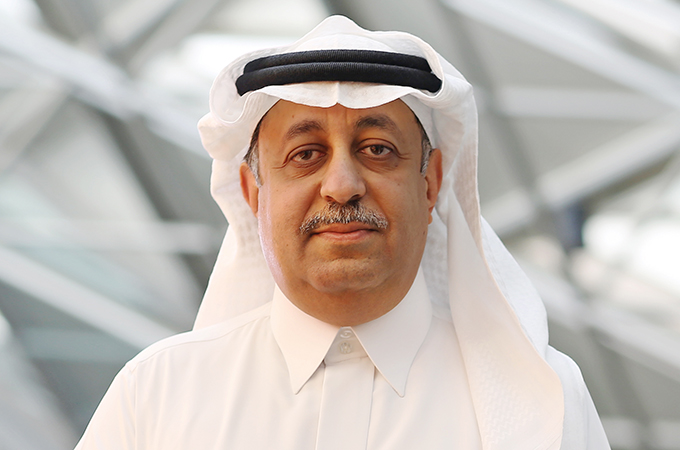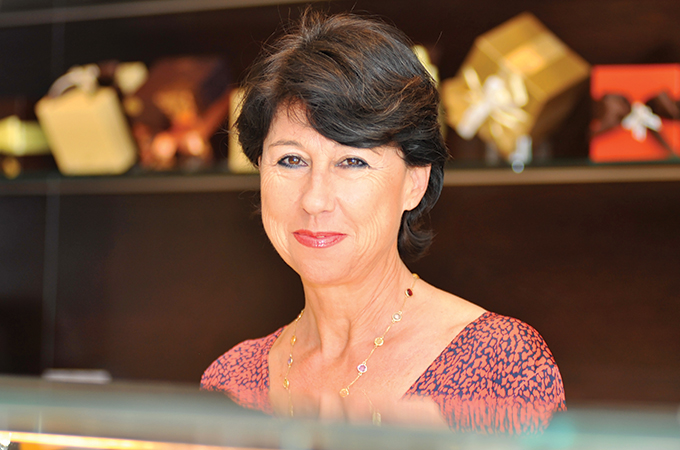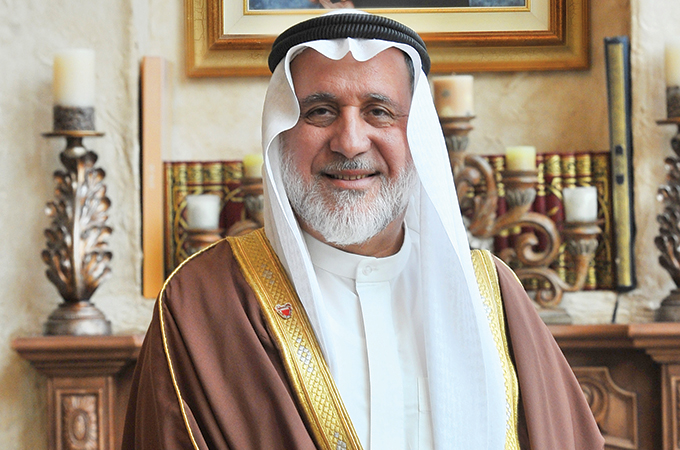Autumn 2024
Nonagenarian Jamil Wafa is a true pioneer of the Middle East’s aviation and tourism sectors. He cut his teeth early in the industry, playing a pivotal role in its growth. This visionary’s extensive experience and profound knowledge have left an indelible mark, inspiring countless professionals, writes Sree Bhat.
The aviation and tourism sectors have undergone extraordinary transformation over the past seven decades. From the era of flying boats and Douglas DC-3s to today’s massive A380s, and from catering solely to business travellers to crafting experiences for adventure-seeking tourists, the growth has been nothing short of phenomenal.
One man who has not only witnessed but also profoundly influenced this remarkable evolution is Jamil Wafa, a pioneering figure in the Middle East’s aviation and tourism industries.
Wafa’s journey is inextricably tied to the region’s development. Based in Bahrain for over five decades, his name echoes across the Gulf nations as a true titan of the aviation and tourism landscape. Yet his contributions extend far beyond these industries, leaving an indelible mark on numerous other sectors that have flourished under his leadership.
Fifty years ago, Wafa co-founded Unitag, a company that celebrates its Golden Jubilee this year. Initially launched with two other partners, Unitag has grown into a diversified business empire, with interests spanning travel, insurance, currency exchange, advertising, public relations, industrial catering, engineering, and trading. Its vast portfolio underscores Wafa’s visionary leadership and business acumen.
One of Wafa’s proudest achievements is the Unitag building, which was completed in 1978. Erected in just 13 months, the building was inspired by a design Wafa saw in Switzerland and, at the time, was among the most luxurious in Bahrain. Sitting in his seventh-floor office, Wafa fondly recalls those early days. His private library within the building is a treasure trove of memories – 3,500 photographs chronicling his royal audiences, business conferences, and community meetings, a rich visual history of his over seven-decade career. His recently published book, My Life In A Snapshot, offers a curated glimpse of these treasured moments.
Now 92, Wafa stands as a living testament to resilience, adaptability, and vision. His life mirrors Bahrain’s transformation from a small island nation into a thriving hub of commerce and culture. “I’ve met the high and mighty, dined with the best, and participated in key deliberations. I’ve achieved everything I dreamed of,” he reflects.
Yet Wafa’s personal story is as compelling as his professional success. Born in Palestine, he was orphaned at a young age and raised by his half-brother. His life took a dramatic turn in the 1940s when the Palestine-Israel war displaced him. “We were kicked out of our country,” he recalls. He fled to Egypt with his sisters, but his British passport, voided by the end of the British mandate in Palestine, posed a challenge at the border. “I wept when the Egyptian officer told me my passport was invalid,” Wafa remembers. Fortunately, the officer allowed him entry, a pivotal moment that shaped his future.
In Egypt, Wafa, still in his teens, tirelessly honed his skills – learning typing, shorthand, and bookkeeping – which opened the door to his first professional opportunity. In 1949, Wafa moved to Kuwait at the invitation of a cousin and soon began working at a travel agency representing BOAC (now British Airways).
“I started as a junior clerk, pushing baggage trolleys,” he recalls and reveals that his starting salary was a princely 300 rupees (equivalent to £8 at that time). Kuwait, at that time, was vastly different, with just one asphalt road and city gates that closed at night to protect against Bedouin raids. It was a harsh environment, but one in which Wafa adapted and thrived.
By a stroke of luck, the company required him to travel to the US for an aviation business deal, but his statelessness made it impossible. Then, in an unexpected turn of events, the company arranged a Kuwaiti passport without him even applying for it. “I kissed the ground when I received that citizenship,” he recalls. “People who hold a nationality can never truly grasp what it means to live without one.”
A few years later, as he progressed in his career, he was promoted as BOAC’s first non-English sales manager in Lebanon, catapulting him into the heart of the region’s social and business elite. Hosting high-profile visitors, he helped strengthen BOAC’s presence in the Middle East.
His work not only boosted BOAC’s presence in the Middle East but also earned him a national honour – the Order of the Cedar – awarded by Lebanon’s then President Sulaiman Franjieh in 1971 (after he moved to Bahrain in 1971, he was invited back to Lebanon to receive the award presented on behalf of Michel Khoury, the Director General of the Ministry of Tourism in Lebanon). Lebanon was also where Wafa met his wife, Haya Mounla, a pivotal moment in his personal life.
In an era when tourism in the Middle East was virtually non-existent, Wafa’s pioneering efforts laid the groundwork for what was to come. “There was nothing called tourism at the time,” he says, reflecting on those early years. “But in my work, I learned about aviation, hospitality, and how to navigate different cultures.”
Soon, Wafa was selected for management training in the UK and he adapted well to the Western world. As part of the training, he also worked for a few months in the US.
In 1971, Wafa’s journey eventually brought him to Bahrain, a country he had fallen in love with during a visit in 1958. He was offered the chance to manage the marketing in the Gulf region which included Bahrain, Iraq, Kuwait, Qatar, Oman, Saudi Arabia and the Trucial States (now UAE) and Wafa selected the island nation, marking the beginning of his long and influential tenure there and eventual citizenship.
“I became the roving ambassador for BOAC in the Gulf region,” he says, noting that his work involved extensive travel across the Gulf states. His pioneering research into the Arab Passenger Profile helped BOAC better cater to the needs of Middle Eastern travellers.
Following this, Wafa had a brief stint with Gulf Air, where he put his extensive aviation experience to good use for the airline. However, his entrepreneurial spirit couldn’t wait any more to dive into the business world.
A few years before arriving in Bahrain, Jamil Wafa met Shaikh Mohammad bin Khalifa Al Khalifa, the son of Bahrain’s then Prime Minister HRH Prince Khalifa bin Salman Al Khalifa, in Beirut. The two developed a close friendship, and in 1972, they discussed plans to launch a joint venture – a general trading company of international stature – in Bahrain. Tragically, Shaikh Mohammad passed away at the age of 22 in June 1974 while studying in the US; never to see his dream realised. His father, the then Prime Minister, asked Wafa to honour his son’s wish and proceed with the venture.
For Wafa, this request was both a duty and an honour. In 1974, alongside two partners, he founded United International Agencies (Unitag) with an initial capital of BD45,000, setting up their first office in the former Al Hilal building in Manama. The company’s first division, World Travel Service (WTS), became a general sales agent for several airlines.
However, Unitag’s early days were not without challenges. The new business faced significant market resistance, and less than a year after its inception, disaster struck: While Wafa was on tour in Austria, he received news that the Al Hilal building, home to WTS, had been destroyed by a fire.
Undeterred, Wafa quickly set up a temporary office at the airport before moving the agency into the Bab Al Bahrain area in Manama.
WTS soon earned a reputation for excellence, becoming the general sales agent for leading airlines such as Pan Am, Philippine Airlines, UTA, British Caledonian, Air Europa, Cathay Pacific, and Delta. Its holiday division, Sunshine Tours, expanded its services to offer packages and representation for Eurail, Britrail, and various resorts and car rental companies worldwide.
Reflecting on his journey, Wafa – known for his suave personality – emphasises that success in tourism isn’t just about selling destinations but understanding the essence of travel. “You have to grasp the fundamentals of real travel,” he says passionately. “It’s not about making money; it’s about creating opportunities, connecting cultures, and offering meaningful experiences.”
One of the key milestones in Wafa’s career came when he successfully lobbied for Pan Am to start flights to Bahrain, recognising the island’s growing importance as an oil hub. At the time, Pan Am’s routes bypassed Bahrain, focusing instead on Lebanon, Iraq, and Turkey. Wafa’s determination paid off, and Pan Am began operating three non-stop flights a week to Bahrain. His influence didn’t stop there; he also played a key role in bringing Cathay Pacific to the kingdom.
Wafa emphasises that the continuous engagement and meetings with top airline officials, while highlighting the benefits of connecting with Bahrain, were essential to achieving these successes.
The early 1970s marked a transformative period for Bahrain as the nation embraced its newfound independence. Wafa was instrumental during this time, helping establish new ventures and expanding businesses across the kingdom. With more airlines arriving, the need for additional hotel accommodations became pressing. “We needed 110 rooms per night just for airline crew,” Wafa recalls. He approached his partners to propose building a new hotel, a request that led to the creation of the iconic InterContinental Hotel Bahrain. Wafa, who served as Chairman and CEO of the United Hotel Company from its inception in 1976 until 1997, oversaw every aspect of the project.
One of Wafa’s major personal achievements came in the late 1970s when he helped Boeing enter the Bahrain market. Boeing sought to introduce the 737-100, but encountered difficulties securing approval. Leveraging his deep connections and industry expertise, Wafa successfully facilitated the deal, resulting in Gulf Air purchasing 10 Boeing 737s for $100 million – a significant transaction at the time.
His commitment to elevating Bahrain’s tourism industry led him to help establish the Higher Council of Tourism, advocating for regulations that required travel agencies to meet strict standards.
He was also instrumental in founding Bahrain Airport Services (BAS), where he served as Chairman and CEO for four years.
Another significant contribution by Jamil Wafa to positioning Bahrain on the global tourism map was the organisation of the Bahrain International Tourism Expo (BITE) by his group. Held under the patronage of HRH Prince Salman bin Hamad Al Khalifa, the Crown Prince of Bahrain, BITE ran successfully for six consecutive years from 2005.
Wafa’s efforts to build Bahrain’s tourism sector were pioneering, at a time when the concept was still virtually unknown in the Gulf. “While Dubai and others followed, Bahrain was the leader in this space, and I’m proud to have played a part in that journey,” he says.
Wafa’s contributions didn’t stop at tourism and hospitality. He partnered with Siemens to build Bahrain’s first power station, generating 250 megawatts of electricity at Riffa.
“I had to learn quickly, sometimes burning my fingers in the process, but I always persevered,” he says.
His influence spanned across multiple sectors, from representing Sedgwick Forbes, a leading British brokerage, to founding National Insurance Services and later establishing the publicly-listed National Insurance Company.
Beyond his corporate ventures, Wafa played a key role in establishing several institutions in Bahrain, including the SKAL Club, Golf Club and Marina Club.
Wafa’s impact also extended to education. He played a vital role in establishing the Bahrain (American) School and served as president of its Parents and Teachers Association (PTA) for many years. He represented the school when it received the Excellence Award for Education from President Ronald Reagan and William Bennet, United States Secretary of Education, at the White House.
Reflecting on his diverse career, Wafa believes success stems from meticulous preparation. “Success doesn’t come from pushing something you’re unsure about or acting haphazardly. I approach everything with solid knowledge and careful planning.”
Today, the Unitag Group spans a wide range of industries and the companies under the group include Bahrain Markets, engineering firm Transitec Gulf, trading and contracting unit Anaiza, Arab Exchange Company (Arexco), United Caterers and Contractors, Uniskills, Sunshine Tours, WTS, and Magnum Travel Service.
Principles in Life
Jamil Wafa’s extraordinary entrepreneurial journey, spanning more than 75 years, has been defined by principles of honesty, quality, and an unwavering dedication to his work. His career was driven by a desire to introduce high standards to the market.
He emphasises that his goal was never about cheaper alternatives but about delivering value and integrity in everything he did.
This commitment to quality extended to his numerous partnerships, including with global companies like Siemens, where he co-owned a 40 per cent stake in Bahrain’s operations. Whether in aviation, catering, or technology, Wafa’s contributions consistently elevated industry standards in Bahrain, all driven by his deep understanding of the products he introduced and the relationships he built.
Though he didn’t receive formal education beyond secondary school when he left Palestine, Wafa’s ambition never wavered. He founded his company and, at 44, pursued an MBA at Stanford University. That same drive led him to send three of his senior staff members to Stanford because he believed in developing capable people.
Wafa was awarded the National Order of Merit by France in 1977 for his contribution to promoting France in Bahrain.
Reflecting on the sweeping changes in the travel and tourism industry, Wafa laments the decline of personal interactions in today’s digital era, particularly in the travel agency business. “There’s no longer trust between a passenger and an agent,” he notes, observing how technology has altered the nature of business relationships. “Before, when you gave your word, people believed you. That trust is gone now!”
He believes in the timeless principles of tourism, stating, “Tourism is knowledge. It’s not just about going to London or Paris; it’s about the destination, an experience.”
Family and interests
Wafa has three children: daughter Lina, and sons Ramzi and Sami, and four grandchildren. Ramzi has business interests in Bahrain, while Sami, an artist, has built a very successful restaurant business in Shanghai, China.
Wafa admits that during his busy career, he wasn’t able to give much time to his family, crediting his wife, Haya, as a pillar of strength. “She changed my life with her unwavering support,” he says.
An avid tennis player in his younger days, Wafa still follows the sport closely. His current favourite players? “Nadal, and now I like Carlos Alcaraz,” the ace businessman exclaims.
Though he has slowed down, Wafa still dedicates the first half of his day to work.
A legacy of integrity
As he looks back on his career, Wafa takes great pride in his contributions to Bahrain and the wider region, but what he values most is the legacy of integrity he hopes to leave behind.
For Wafa, success is measured not by wealth or possessions, but by the impact he has had on people and industries. “When I leave this world, I want my legacy to be one of honesty and decency. That’s what matters most.”
His advice to aspiring entrepreneurs is simple: “Be direct. Don’t take kickbacks. Be honest, because honesty endures.”



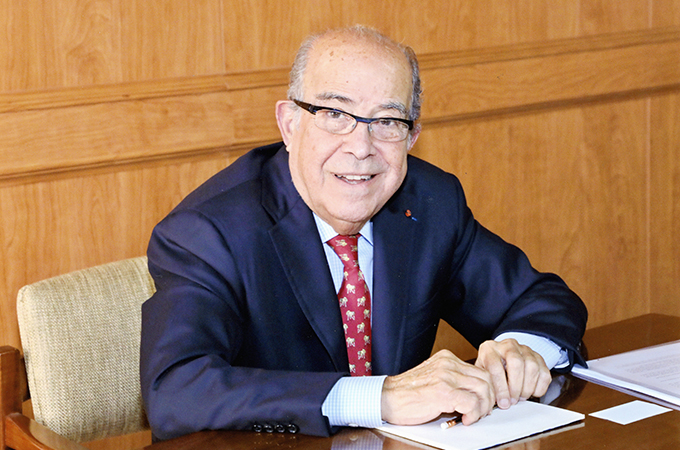
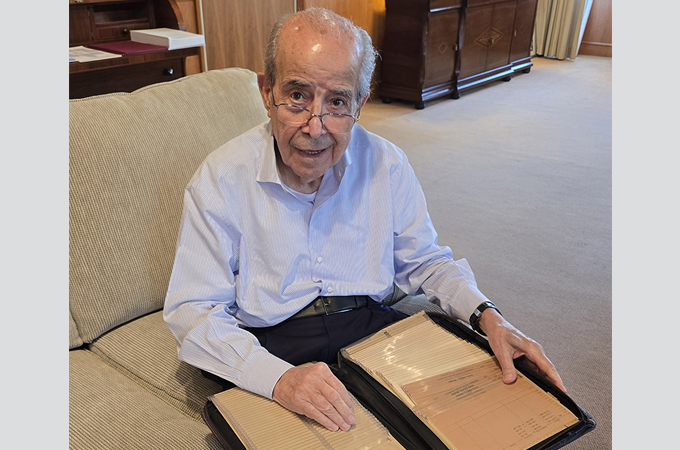
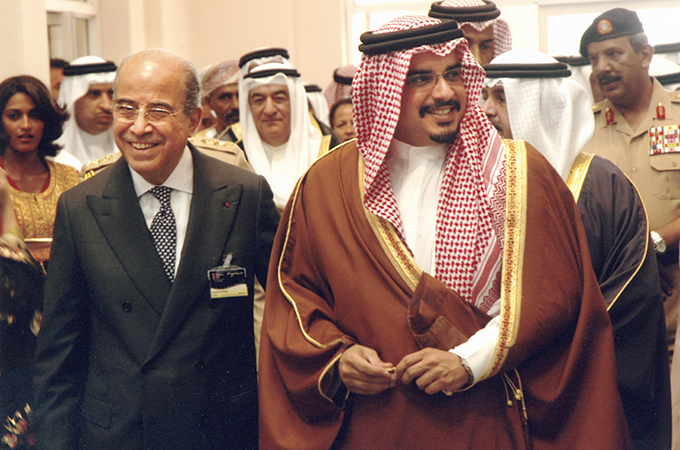
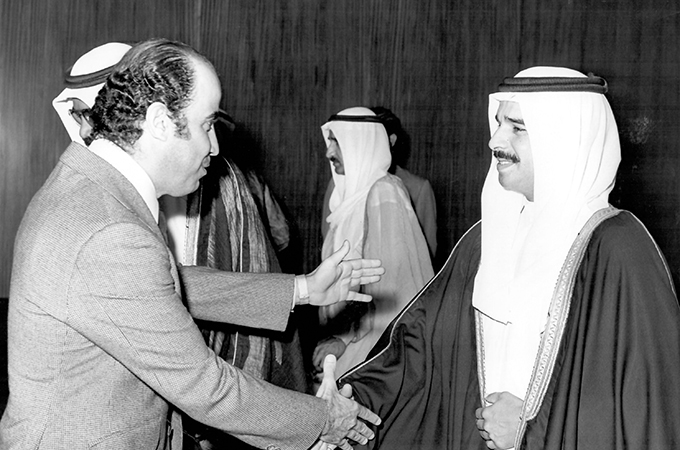

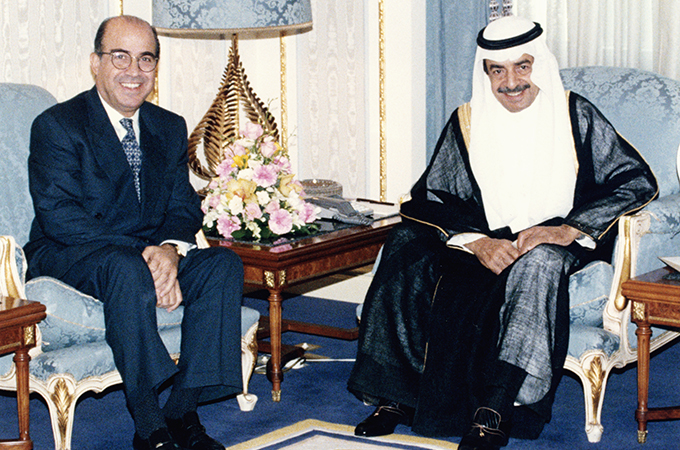
.jpg)
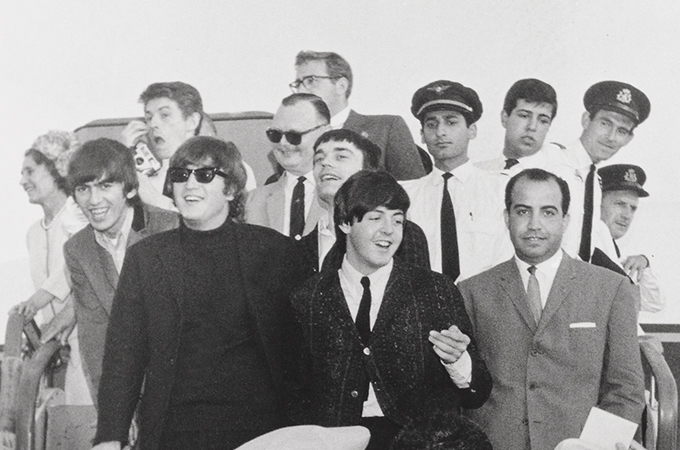
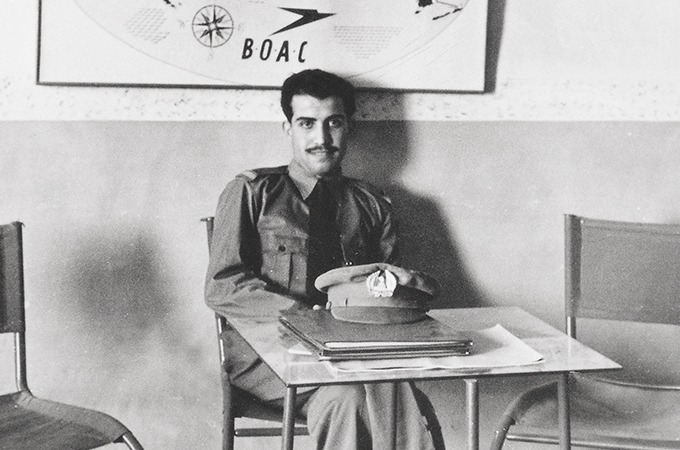
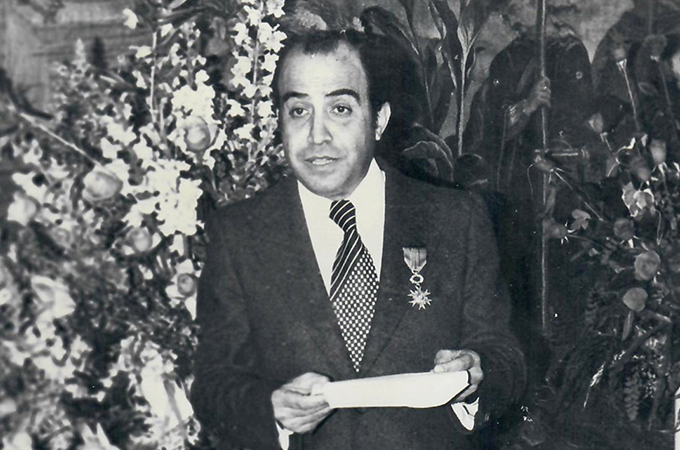
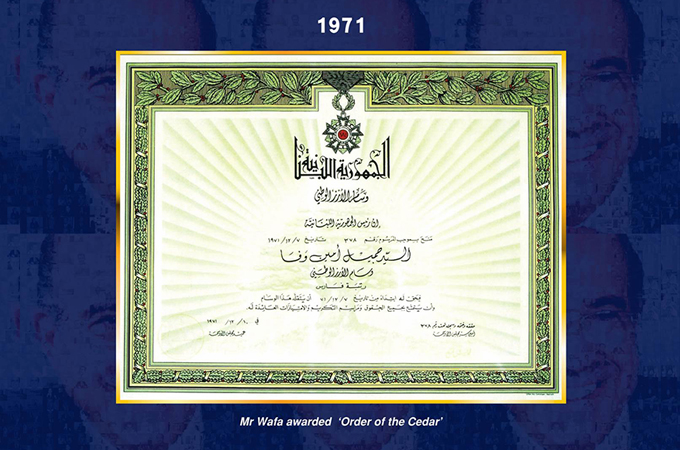
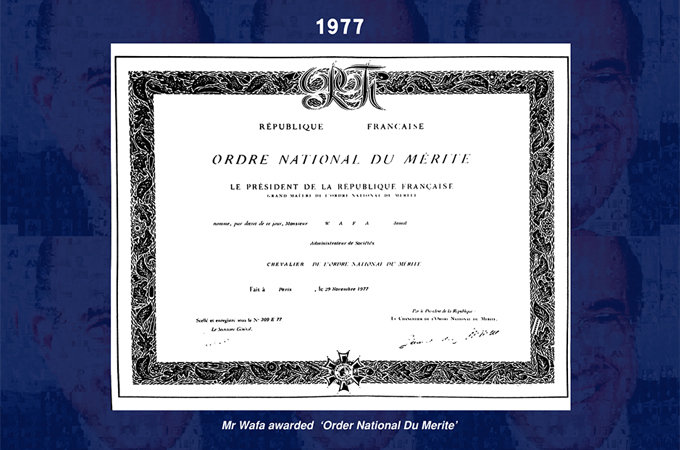
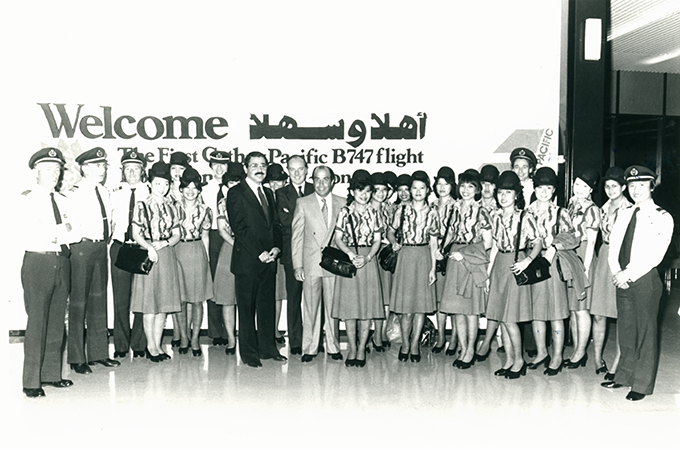
.jpg)
.jpg)
.jpg)
